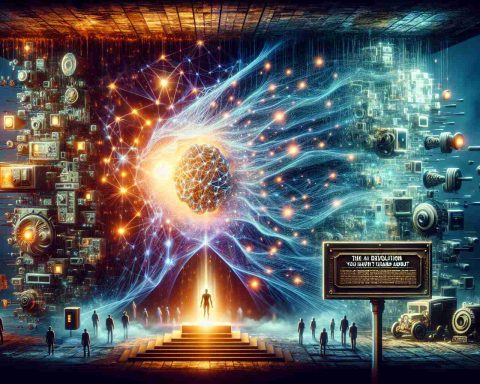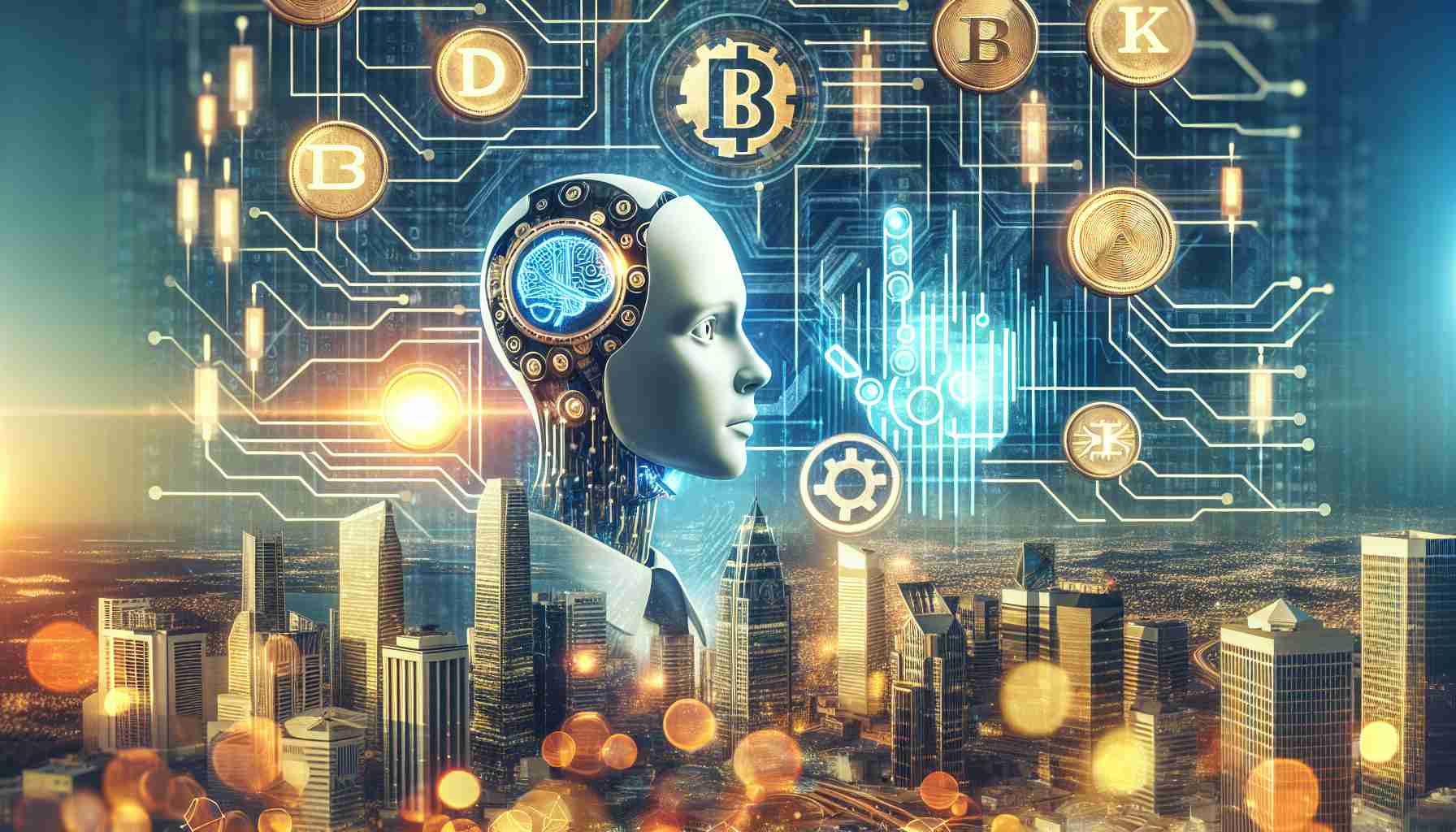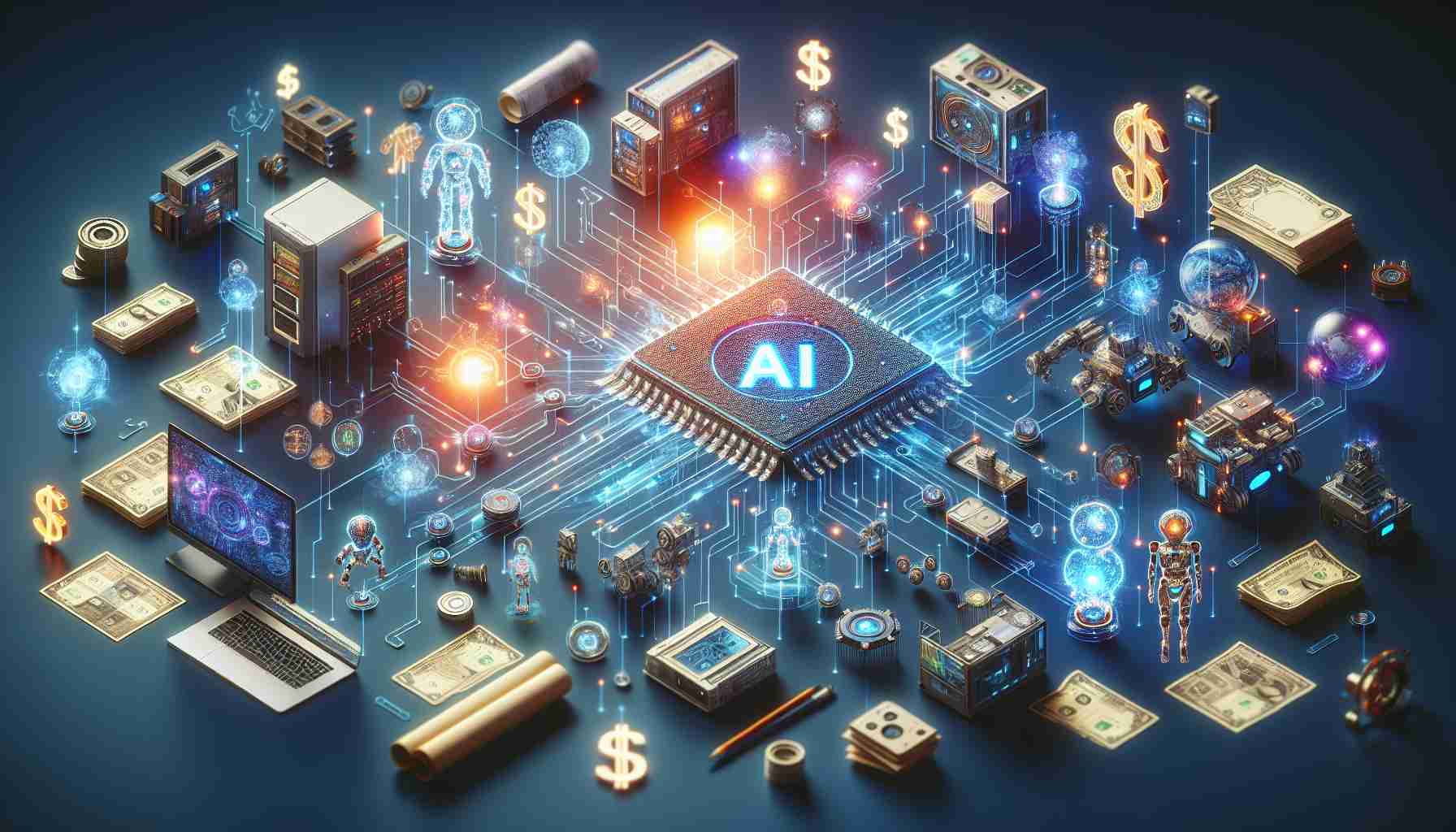Quantum Computing - Page 24
Quantum computing is a field of computing that leverages the principles of quantum mechanics to process information. Unlike classical computers, which use bits as the smallest unit of data—representing either a 0 or a 1—quantum computers use quantum bits, or qubits. Qubits can exist in multiple states simultaneously due to the quantum property known as superposition. This allows quantum computers to solve complex problems more efficiently than classical computers by performing many calculations at once.Another key feature of quantum computing is entanglement, a phenomenon where the state of one qubit is intrinsically linked to the state of another, regardless of the distance between them. This property enables quantum computers to process and transmit information in ways that classical systems cannot.Quantum computing has the potential to revolutionize fields such as cryptography, optimization, material science, and artificial intelligence by tackling problems that are currently intractable for classical computers. However, practical and scalable quantum computers are still in development, with ongoing research focused on overcoming challenges such as error rates and qubit coherence times.

















